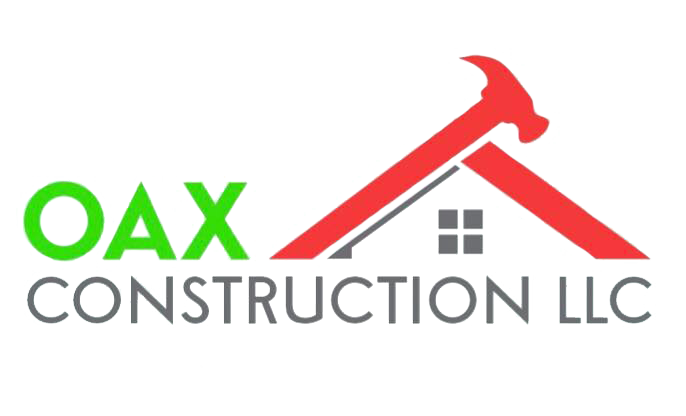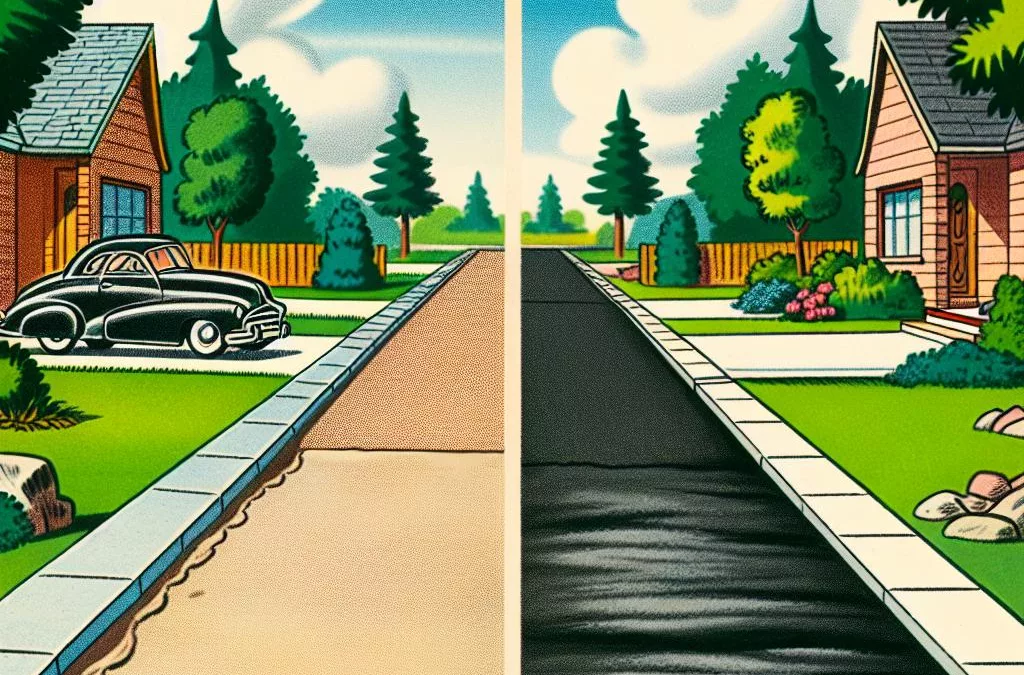The Environmental and Maintenance Advantages of Concrete Driveways Over Asphalt
When it comes to choosing the right material for your driveway, many homeowners find themselves debating between concrete and asphalt. While both materials have their benefits, concrete driveways offer unique environmental and maintenance advantages that make them a superior choice for many.
Environmental Benefits
Durability and Longevity
One of the most significant environmental benefits of concrete driveways is their durability and longevity. Concrete driveways last for decades with minimal maintenance, reducing the need for frequent repairs or replacements, which minimizes resource consumption and waste [1][4].
Energy Efficiency
Concrete’s high thermal mass helps absorb and store heat energy, reducing the need for additional heating and cooling, thus conserving energy [1].
Reflectivity and Heat Island Effect
Concrete’s light color and reflective properties help reduce the urban heat island effect by reflecting more sunlight and absorbing less heat compared to darker materials like asphalt [1].
Recyclability
Concrete is highly recyclable. At the end of its life cycle, it can be crushed and reused as aggregate for new concrete or other construction projects, reducing the need for virgin materials and minimizing waste [1][4].
Permeability Options
Permeable concrete driveways help reduce runoff, improve groundwater recharge, and reduce the risk of flooding, particularly beneficial in urban areas with limited green spaces [1].
Reduced Light Pollution
The reflective nature of concrete reduces light pollution by reflecting more light and enhancing visibility, which can contribute to energy savings and reduced light pollution [1].
Maintenance Advantages
Low Maintenance Requirements
Concrete driveways require minimal maintenance compared to asphalt. They are resistant to erosion, weathering, and damage from heavy vehicles, reducing the need for chemical treatments and frequent repairs [1][2].
Sealing Needs
While sealants can be applied to concrete driveways, they are not necessary, and reapplication is only required every five to ten years [2].
Repair Challenges
Concrete repairs involve epoxy injections or overlays, but matching the color perfectly with the existing surface presents a challenge. However, this is a one-time issue compared to the frequent maintenance required for asphalt [2].
Overall, concrete driveways offer a sustainable and durable option with lower long-term maintenance costs and environmental benefits. Whether you’re looking to minimize your ecological footprint or reduce maintenance efforts, concrete stands out as a wise investment for your home.

